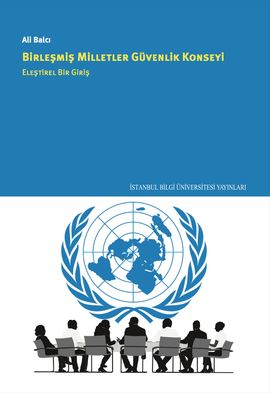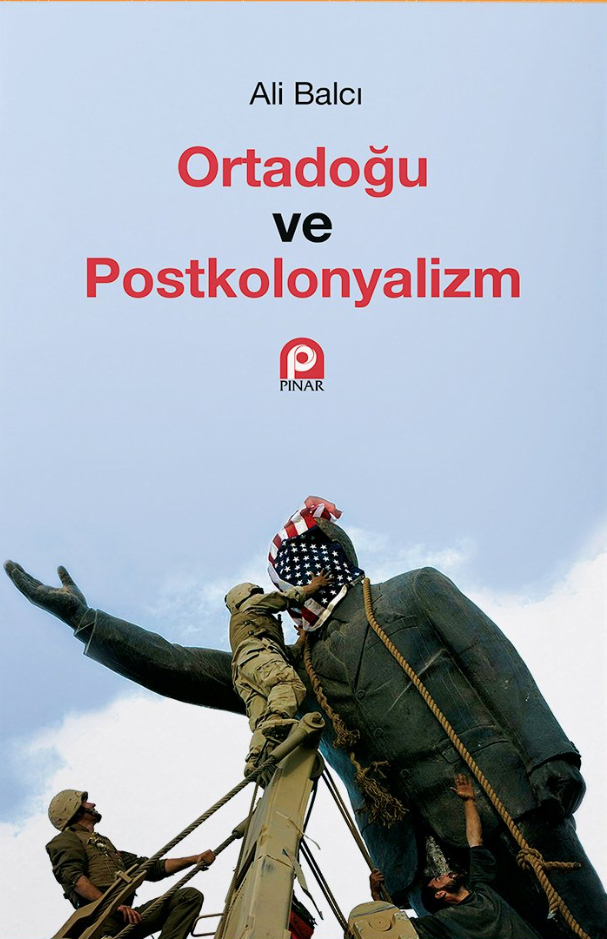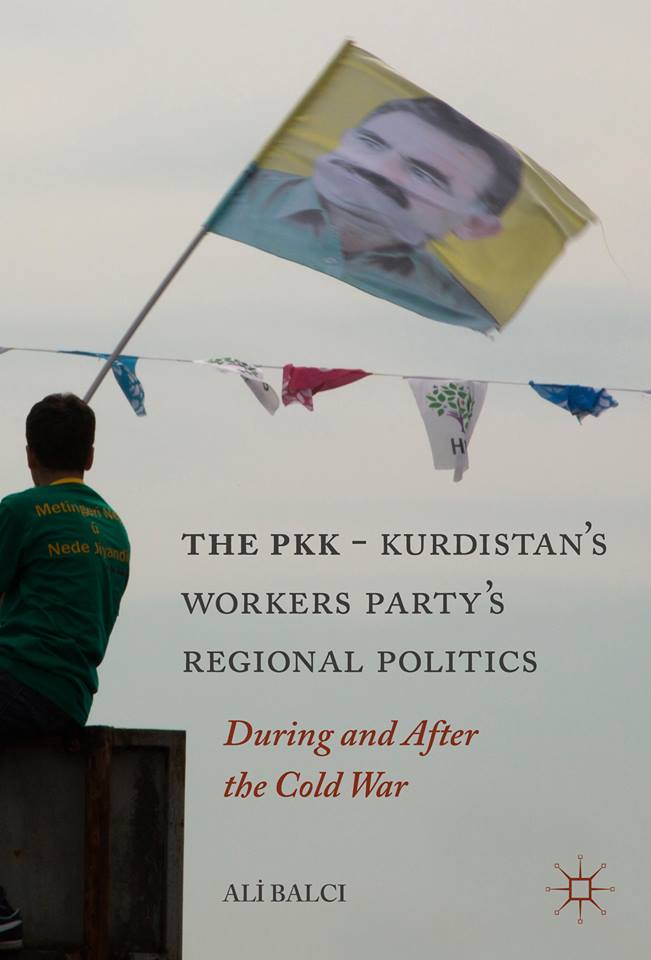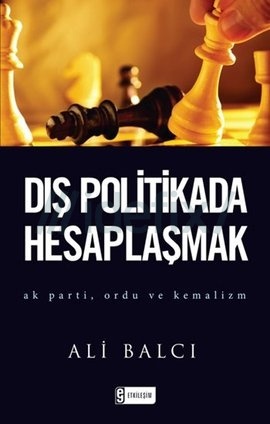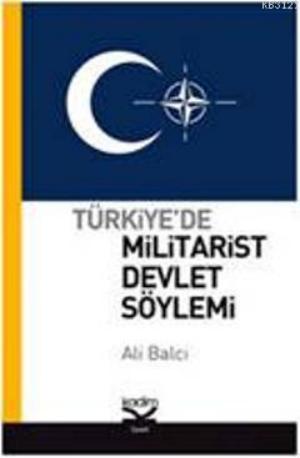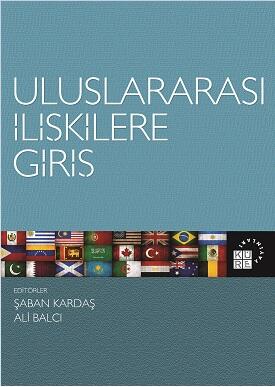Today’s Zaman, 17 November 2013
In June 2008, European social democrats coming together in Athens invited the Justice and Development Party (AK Party) to become a member of the Socialist International (SI), the world’s umbrella organization of socialist and labor parties.
In response, Prime Minister Recep Tayyip Erdoğan asked them to first expel the Republican People’s Party (CHP). This exchange came after European socialists had accused the CHP of pursuing a tutelage democracy in Turkey and claiming that the CHP does not have a “socialist agenda” at all.
Five years later, the CHP hosted an SI meeting in İstanbul on Nov. 11-12, 2013. In this meeting, many criticisms were levied against the AK Party, especially over its so-called undemocratic way of handling the Gezi protests in the summer of 2013. What does this striking transformation say to us about power relations in Turkey?
In Turkey, the first decade of the 2000s witnessed a regime change. The lion’s share of this change occurred via the foreign policy performance of the ruling AK Party.
The Turkish Armed Forces (TSK) had unchallenged influence in shaping domestic affairs and orchestrating foreign and security policies in the 1990s. However, Turkey’s EU membership process after the 1999 Helsinki Summit provided external leverage to the intellectual and political campaign against the role of the TSK in politics. Curbing the TSK’s institutional powers, the ratification of the EU harmonization packages in August 2003 preceded the ruling AK Party’s determined struggle to weaken the TSK’s authority over Turkish politics. In other words, the introduction of conditionality by the EU into EU-Turkey relations from the late 1990s onward threatened the established configuration of power relations in Turkey. Because Kemalism’s continued existence was traditionally based on its ability to control major bureaucratic institutions, especially the military and judiciary, the EU turned into a bull in a china shop for the Kemalist ideology in Turkey.
TSK losing ground to the AK Party
In addition to the EU factor, the AK Party’s “zero problems with neighbors” policy provided an alternative language to the security-oriented policy that had served to legitimize the political role of the TSK in the past. Therefore, the TSK lost the ground to the AK Party in shaping the discourse/language that served “to discipline the state” by providing an institutional voice to sustain the speaker’s privileged position. In other words, “zero problems with neighbors” was a resistance to the imposition of a specific representation of Turkey’s neighbors. The uninterrupted trajectory of the AK Party in power provided a strong impetus to “zero problems with neighbors” in challenging previous representation through which the TSK consolidated its privileged position over Turkish politics and pursued certain interests throughout the 1990s and early 2000s. In short, foreign policy functioned as an integral part of power relations/struggles between the TSK and the Islam-friendly AK Party in the first decade of the 2000s.
The Ergenekon investigation and the constitutional amendments of 2010 resulted in the loss of two of the Kemalist ideology’s main institutional apparatuses in maintaining the established configuration of power relations in Turkey. The foreign policy pursued by the AK Party played a vital role in both of these groundbreaking changes. After losing ground to the AK Party, the Kemalist ideology and its only remaining institutional representative, the CHP, turned to foreign relations to gain the upper hand against the AK Party and delegitimize the latter’s discourse. Since then, the CHP has also been seeking to create a discursive space for alternative representations in order to portray itself as a solution to the so-called stalemate the AK Party has faced in foreign relations.
After the replacement of Euroskeptic Deniz Baykal by Kemal Kılıçdaroğlu as the chair of the CHP on May 22, 2010, the party started to follow a relatively pro-EU policy. Critically important is that this policy change happened when the AK Party lost its Euro-enthusiasm and started to behave like it had Euro-fatigue and was a partly Euroskeptic actor. In addition to this, the EU started to criticize the AK Party’s policies regarding the Ergenekon investigations and restrictions on the freedoms of press and expression in Turkey. For example, the issue of “the high number of lawsuits against journalists and undue pressure on the media” was raised in the Turkey 2010 Progress Report prepared by the European Commission. As a result, the CHP came to the conclusion that the EU’s critical stance toward the ruling party could be utilized as the main instrument to delegitimize the AK Party’s foreign policy in particular and its role in Turkish politics in general.
The CHP’s new strategy of using the EU to redefine its identity and delegitimize the government’s policies has an extension in Turkey’s relations with regional neighbors. The Arab Spring and, importantly, Turkey’s deepening stalemate in Syria provided a fertile ground for the CHP to criticize the AK Party’s foreign policy discourses and practices. Accordingly, Kılıçdaroğlu has harshly criticized the government’s foreign policy in the Middle East by arguing that this policy has resulted in malignant problems with almost all neighbors since the beginning of the Arab Spring. This criticism was captured well when Kılıçdaroğlu said, “We propose peace, while the AK Party proposes war.” This statement not only criticizes or delegitimizes the AK Party’s policies but also redefines the CHP as a peacemaker in the region.
Accusations against the AK Party
Through this new representation, the AK Party was accused of two things: worsening relations with neighbors and undermining Turkey’s national interests. For example, during a visit to Egypt in September 2013, Today’s Zaman quoted Faruk Loğoğlu, then-deputy chairman of the CHP, as saying: “[A]ll Egyptians that we have talked to said that Turkey and Erdoğan hurt us deeply. There is great resentment of the Turkish government; this resentment reaches to the point that they want Turkish goods to be boycotted, relations to be suspended completely and the Turkish envoy to Cairo to be expelled.” The Hürriyet Daily News (HDN) quoted CHP leader Kılıçdaroğlu at a rally in Adana as saying that foreign policy “has to be built on the country’s interests” and declaring that the failure of the government’s “zero problems” policy was because “Recep Tayyip Erdoğan has no neighbor left he can say hello to or invite for cooperation. Not Iraq, not Syria, not Egypt and not Iran.”
In the CHP’s new discourse, the AK Party is also depicted as “harmful” for regional stability. Accordingly, the HDN quoted Kılıçdaroğlu as arguing that “the AK[Party] government has softened the blow of the rising winds of democracy in the region by hiding behind its justification of standing against authoritarian regimes in the Middle East.” More importantly, for Kılıçdaroğlu, the AK Party government “supported not only the Muslim Brotherhood but also more radical trends” such as al-Qaeda militants in Syria. The AK Party’s so-called engagement with terrorist groups due to their fight against the Syrian regime “is a negative situation in terms of stability and comfort for our region and for Turkey.”
In practice, the CHP attempted to bring about an alternative diplomacy by sending delegations to Syria, Iraq and Egypt. Loğoğlu paid a visit to Syria on Oct. 4, 2011, and this was followed by another visit to Syria on March 7, 2013. Kılıçdaroğlu and other leading members of the party paid a two-day visit to Iraq in August 2013 with the aim of mending relations between Turkey and the central government of Iraq. Also, Loğoğlu went to Egypt from Sept. 9-12, 2013. On top of these visits, the CHP organized meetings and rallies against the AK Party’s military-based solution for regional crises, especially in Syria. This new activism of the CHP in foreign relations has been based on Kılıçdaroğlu’s critical readings of the AK Party’s policies, which posit that “Turkey was a playmaker in the Middle East. It has now become a toy,” according to the HDN.
How this new activism of the CHP in foreign policy influences the power settings in Turkey will surely be determined by consistency, maintenance and the AK Party’s failure to answer to these salvos.






 Etiketler
Etiketler
